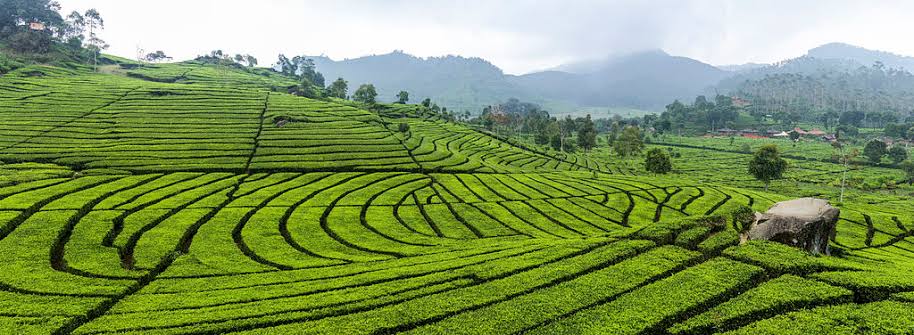Africa’s current state of governance often strikes me as a relic of colonial times. The reality is that, historically, African societies did not exist under a single, unified structure of leadership as they do today. This makes the task of ruling incredibly complex for modern leaders. Once, communities were self-contained and self-governing; now, a single leader is expected to oversee countless diverse communities. While I sometimes sympathize with the enormity of this challenge, it does not excuse the incompetence that has become all too common among Africa’s ruling class.
Many African nations still rely heavily on foreign aid to sustain their populations. In 2023 alone, aid to Africa totaled US$223.3 billion—a 1.6% increase from the previous year, according to preliminary data. This dependency mirrors the colonial strategy of exporting resources while waiting for handouts from Europe. Today, African governments have steered their economies toward an overreliance on exports, perpetuating a cycle of dependency that stifles true progress.
What exactly are these exports? Horticulture, crude oil, gold, diamonds, agricultural products, and minerals dominate the list. However, what often goes unnoticed is that the largest exporters are also the largest borrowers. Governments spend significant resources crafting strategies to make their products attractive to European markets, often at the expense of their own people’s welfare. Crops and minerals are cultivated and mined to meet European demand, while the needs of local populations are neglected. The promise that these exports will lift people out of poverty is, frankly, a lie. Despite the wealth generated from these resources, millions of Africans continue to languish in poverty and face hunger.
The colonial masters orchestrated this cycle of dependency, but it is time for Africa to grow up and stop blaming everything on the past. We must take decisive measures to break free from this cycle. Relying on foreign aid is no longer sustainable, especially with a rapidly growing population and the escalating impacts of climate change. The governments we depend on will soon struggle to support their own populations, let alone ours.
To achieve true self-sufficiency, Africa must first rethink its agricultural practices. Commercial farmers, who control nearly 70% of the continent’s fertile land, should shift their focus from growing cash crops for European markets—such as avocados, almonds, grapes, and pineapples—to cultivating staple foods that feed local populations. This shift would reduce the need for food imports, lower GDP expenditures, and decrease the cost of living. The savings from reduced imports could then be redirected to critical sectors like healthcare and education.
It is heartbreaking to see Africans dying of hunger while the continent boasts some of the most vast and fertile land in the world. Allocating this land to grow flowers and luxury crops for export, rather than food for local consumption, is not just shortsighted—it is a tragic failure of leadership. Africa must prioritize its people over profit, and its leaders must take bold steps to ensure a future where no one goes hungry.
